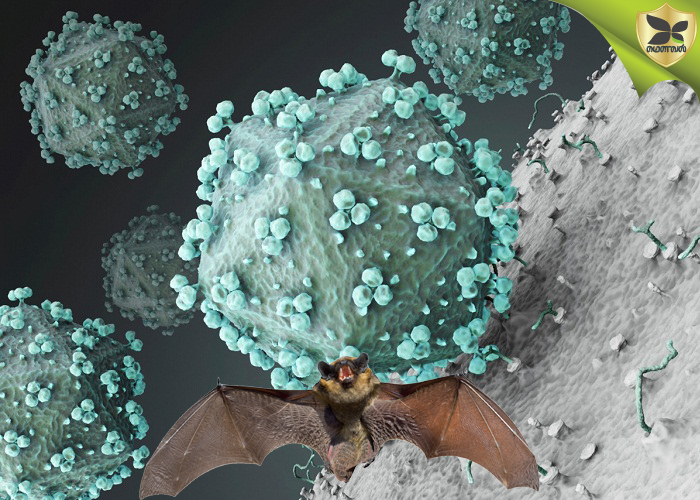All You Need To Know About Nipah Virus

As per the World Health Organisation (WHO), Nipah Virus is a newly emerging zoonosis that causes a severe disease in both animals and humans. This virus was first identified in Malaysia and Singapore in 1998.
Since the outbreak of the virus has now been observed in the State of Kerala.
Additional Information on Nipah Virus
Transmission
Transmission of Nipah virus to humans may occur after direct contact with infected bats, infected pigs or from other infected people. Also, person-to-person transmission of Nipah virus is reported from few places around the world. This is most commonly seen in the family and caregivers of Nipah virus-infected patients. Transmission also occurs from direct exposure to infected bats. A common example is consumption of raw date palm sap/fruits contaminated with infectious bat excretions.
Signs and Symptoms
Infection with Nipah virus is associated with encephalitis (inflammation of the brain). After exposure and an incubation period of 5 to 14 days, illness presents with 3-14 days of fever and headache, followed by drowsiness, disorientation and mental confusion. These signs and symptoms can progress to coma within 24-48 hours. Some patients have a respiratory illness during the early part of their infections, and half of the patients showing severe neurological signs also showed signs of pulmonary distress. Latent infections with subsequent reactivation of Nipah virus and death have also been reported months and even years after exposure.
Prevention
- Avoid exposure to sick pigs and bats in endemic areas
- Avoid contact with an infected person. If really required, use masks and gloves to assist such a person.
- Avoid drinking raw date palm sap
- Don’t eat partly consumed, fruits bitten or likely to be bitten by bats
- If you feel uneasiness when in and around an infected region, get yourself tested immediately
Treatment
As of now, there is no specific vaccine available purely for the treatment of Nipah Virus. The only way to treat this virus is through intensive supportive care.
To get the latest interesting facts, follow Mowval on Facebook, Twitter and Google Plus.



